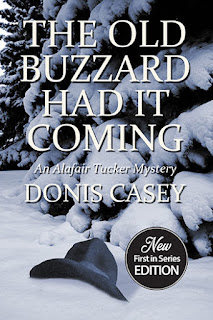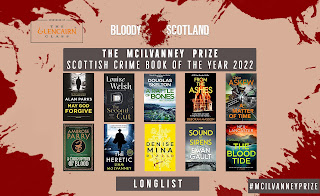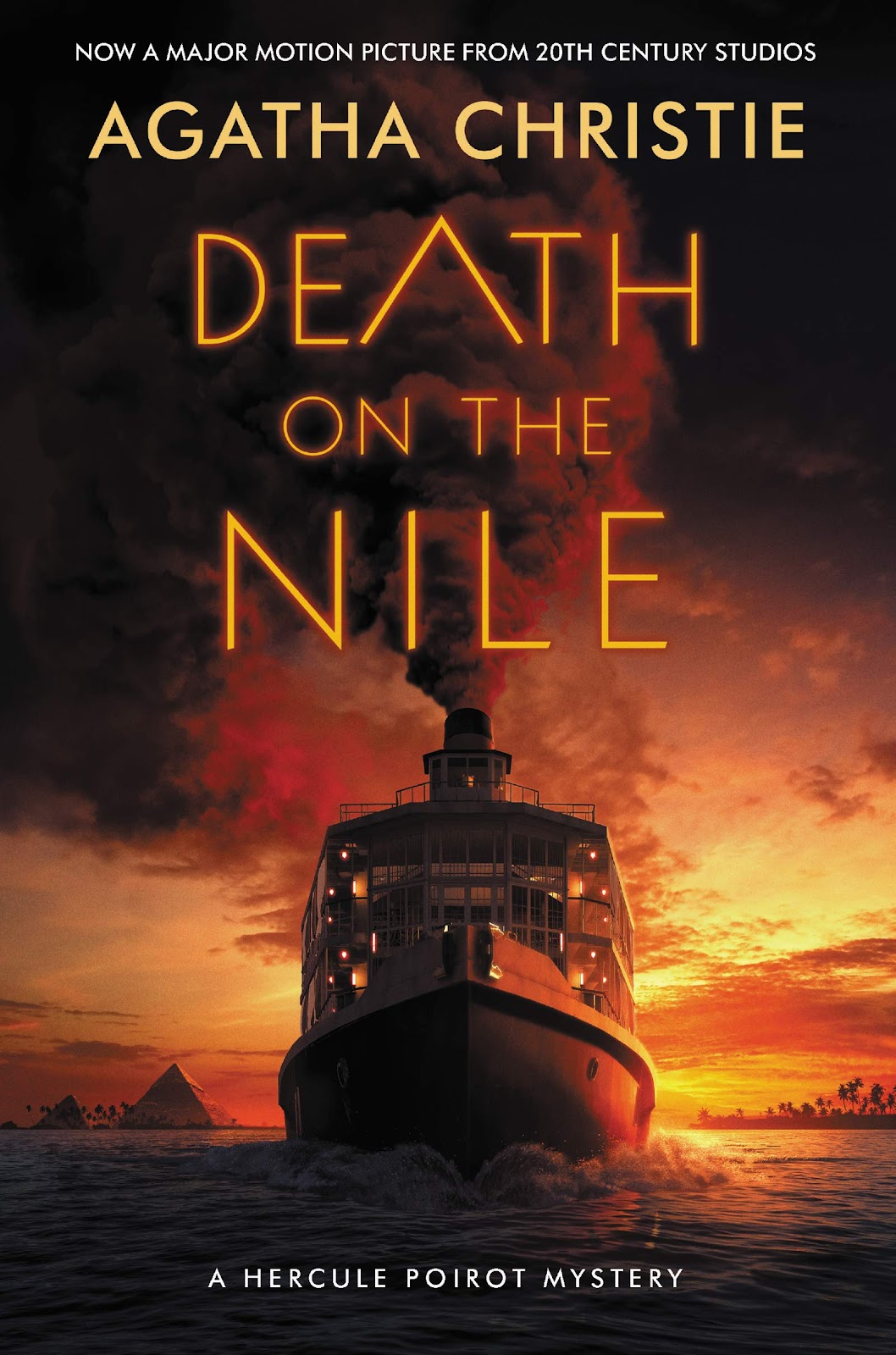Once you've been published and have achieved even a modest amount of fame, you'll be asked by another writer to provide a blurb. Sometimes the request might be uncomfortable because it comes from a writer whose work you aren't familiar with, or by a writer you don't think much of. In that latter case, a good excuse is to claim that you're too busy... a brush-off I've heard more than once.
There's an art to writing a blurb. The premise for a blurb is to generate interest in the book by leveraging the technique sales people call a third-party endorsement. It needs to deliver the theme or ethos of the story, be punchy, memorable, part logline and part advertising jingle. Less is more. A blurb by a famous author or celebrity could certainly juice sales. In that regard, I'm bemused other writers think that a blurb by me would get a prospective reader to buy their book. Still, I'm honored that anyone would think enough of me to ask for a blurb and I take each chance as an opportunity to excel.
Here are some of my favorites:
"Supernatural intrigue and criminal mayhem that ricochets from double-cross to double-cross." Paradox by Jeanne Stein
"A twisted, kinetic escapade through darkness and danger." The Legend of Carl Draco, by Gary Reilly
"Humane and brutal but never false...an illuminating critique of American history and myth." Mad Boy by Nick Arvin
"A labyrinth of misdirection and treachery." Angels in the Winds: A Mile High Noir by Manuel Ramos.
You've hit the mark when your blurb gets picked for the book's cover as what happened with these two:
"A quirky and thoughtful reflection on what it means to be human." Fated, by S.G. Brown
"Raw. Visceral. Compelling. As unforgettable as a stabbing." Ex-KOP by Warren Hammond
And the latest, which I'm especially proud of:
























